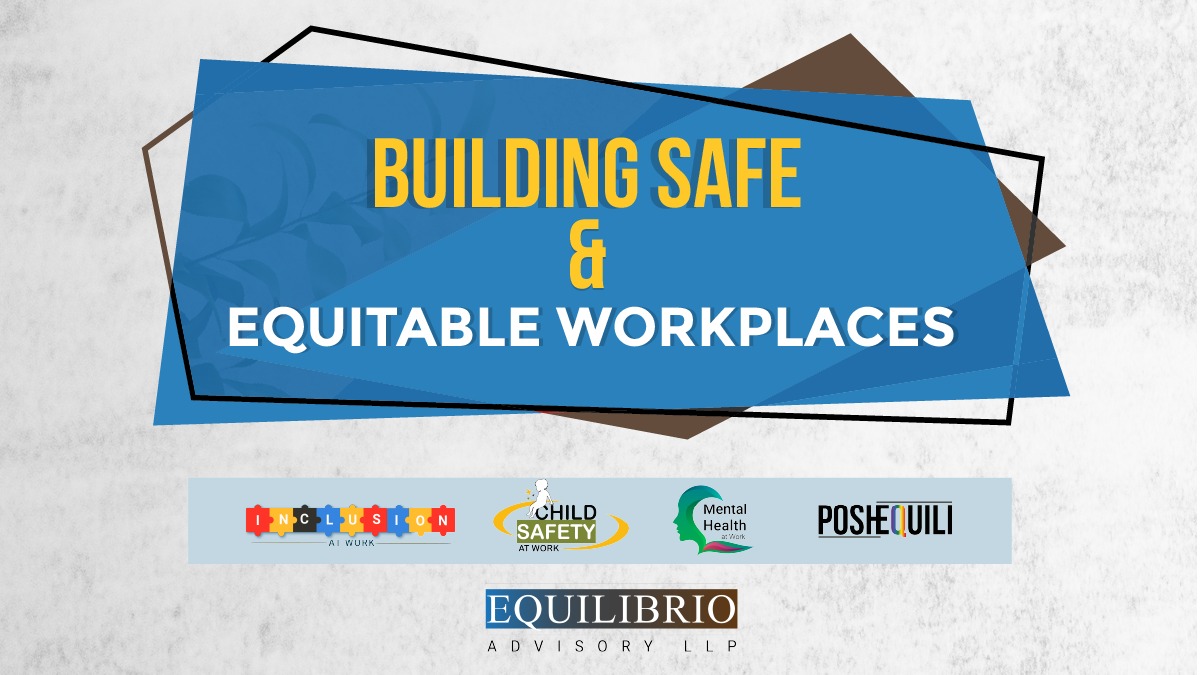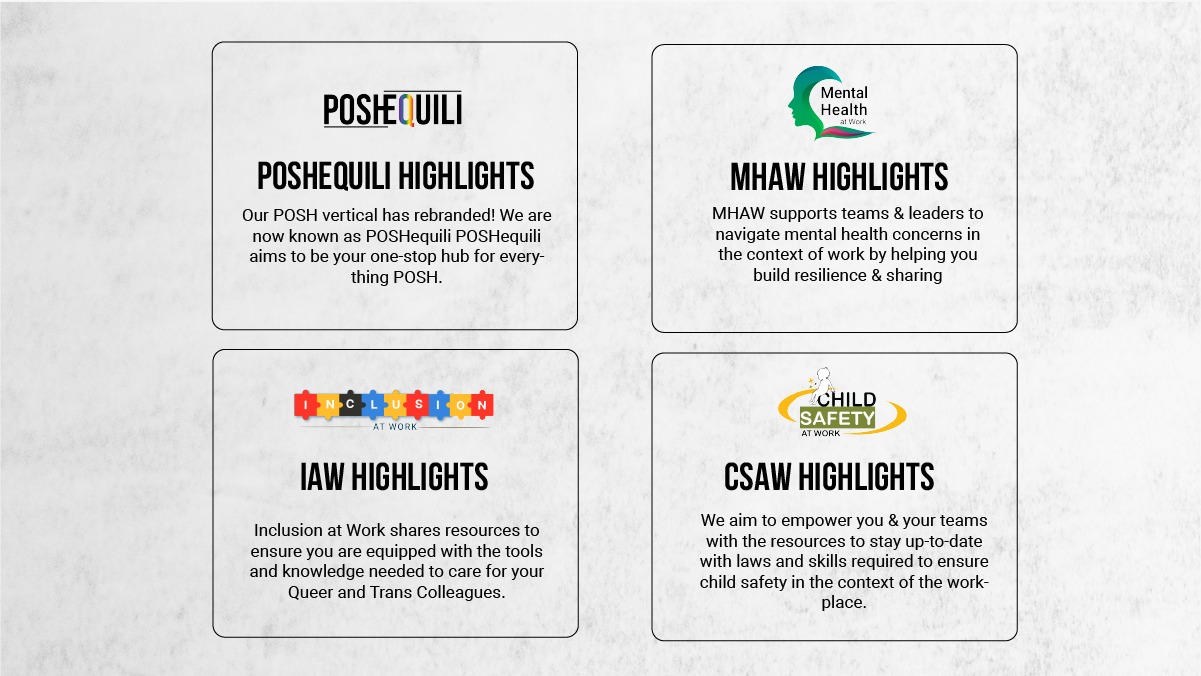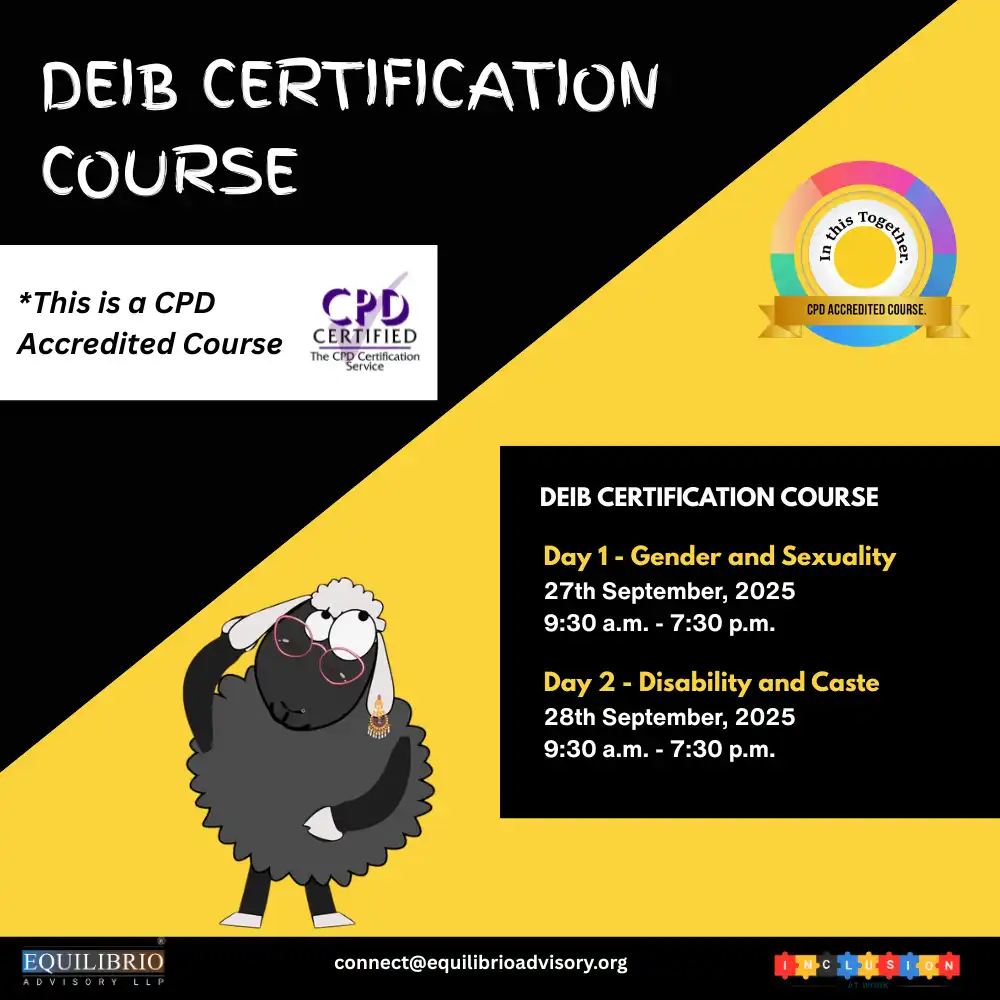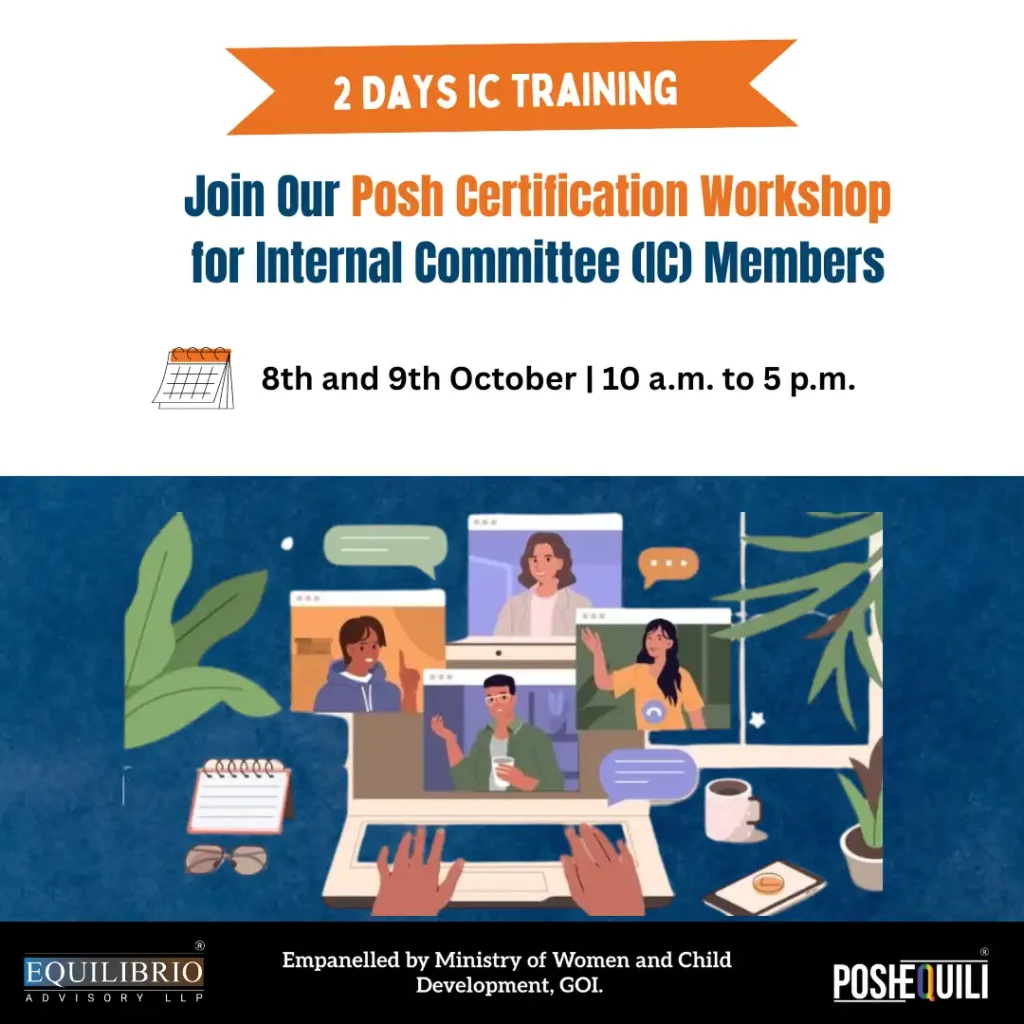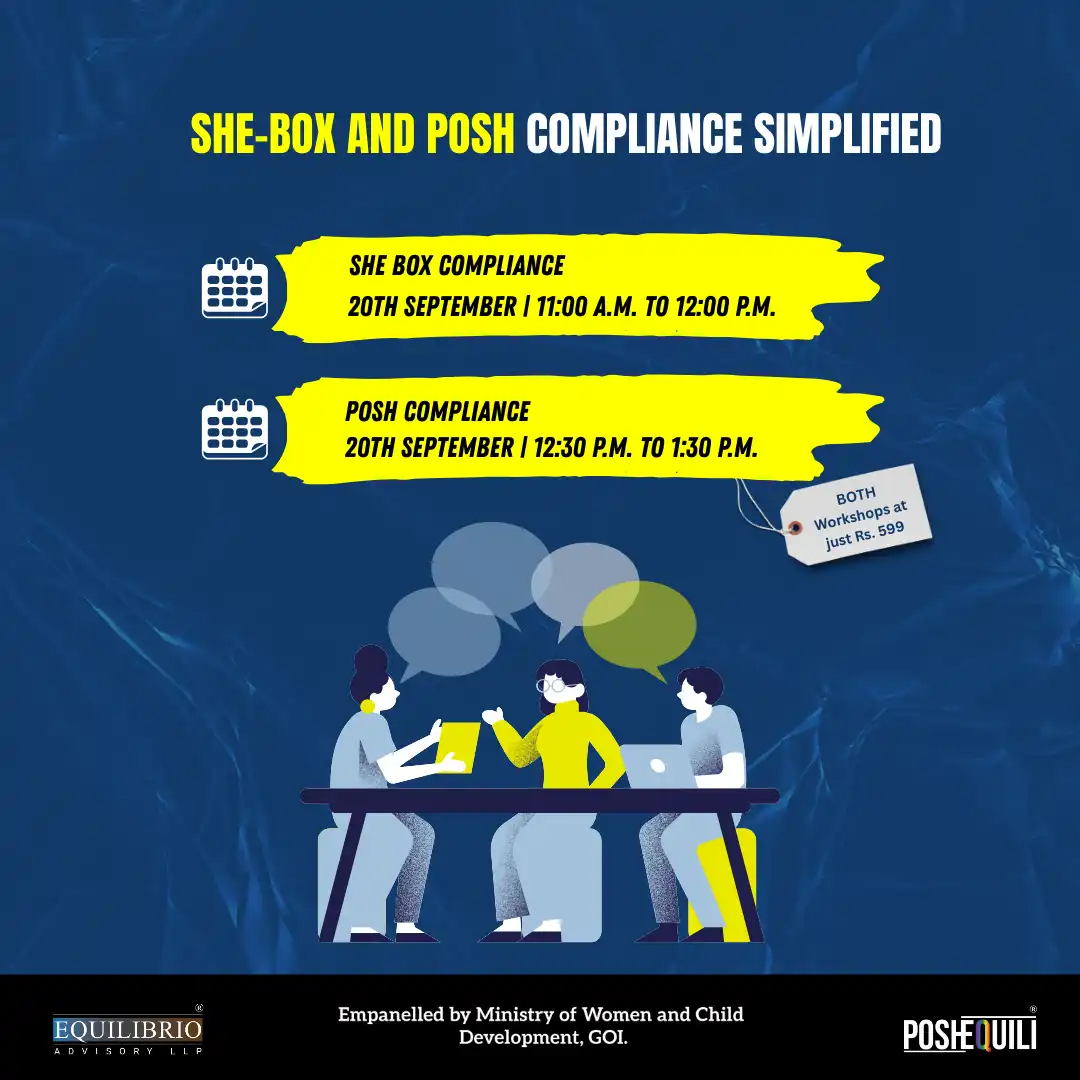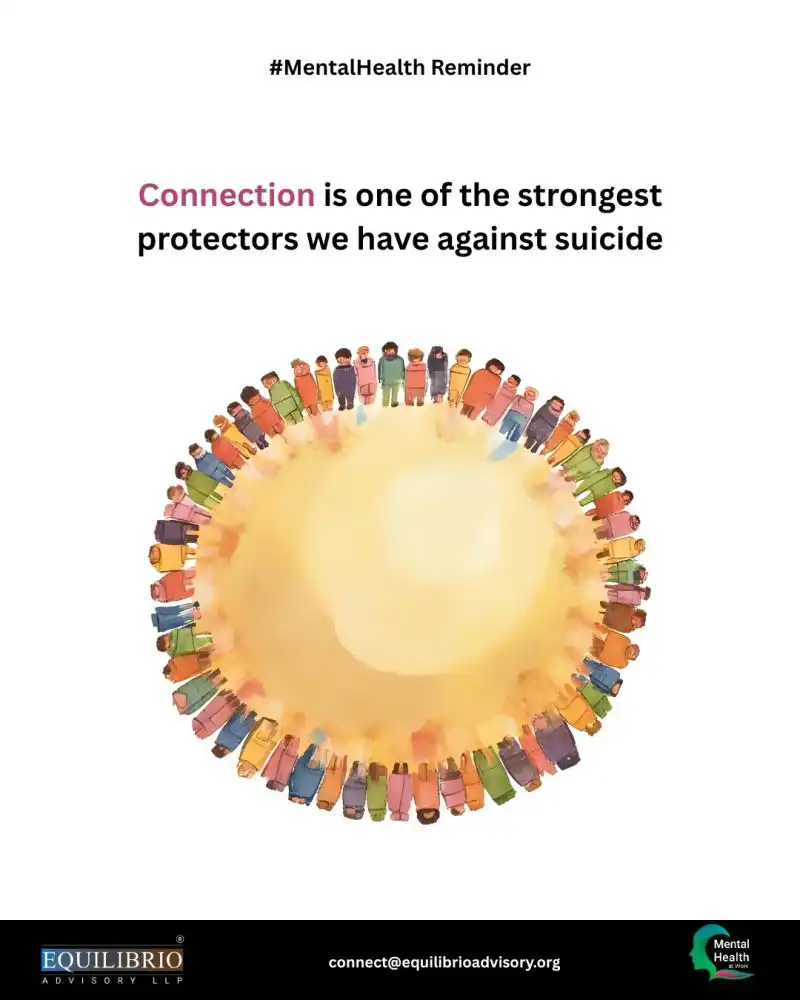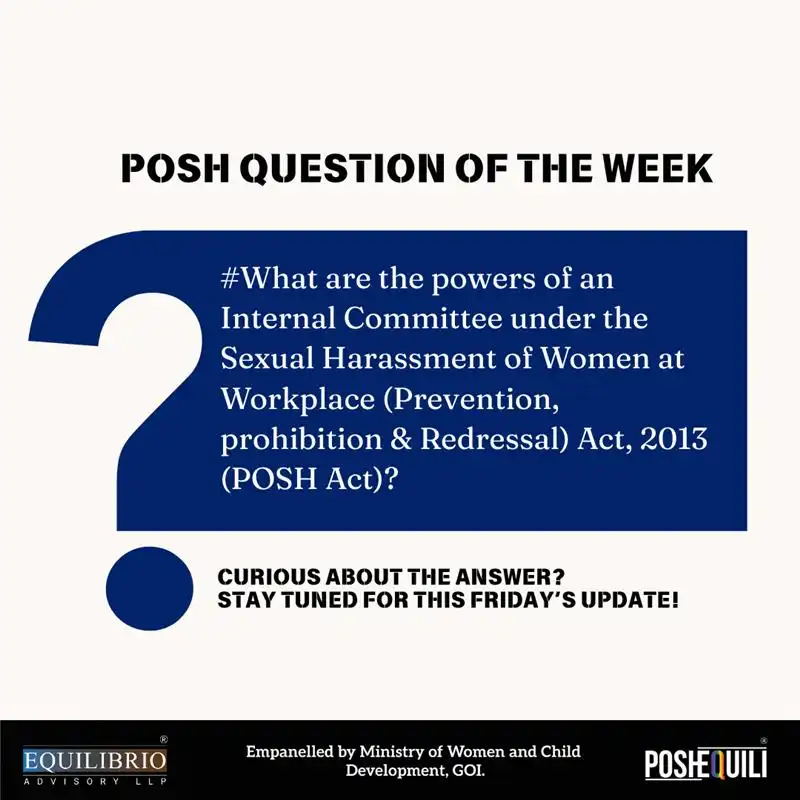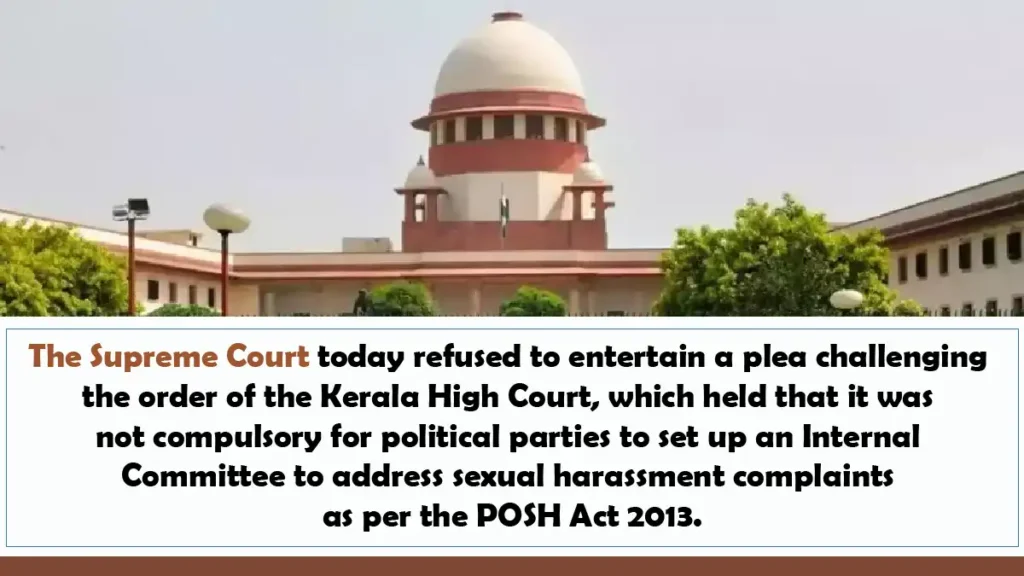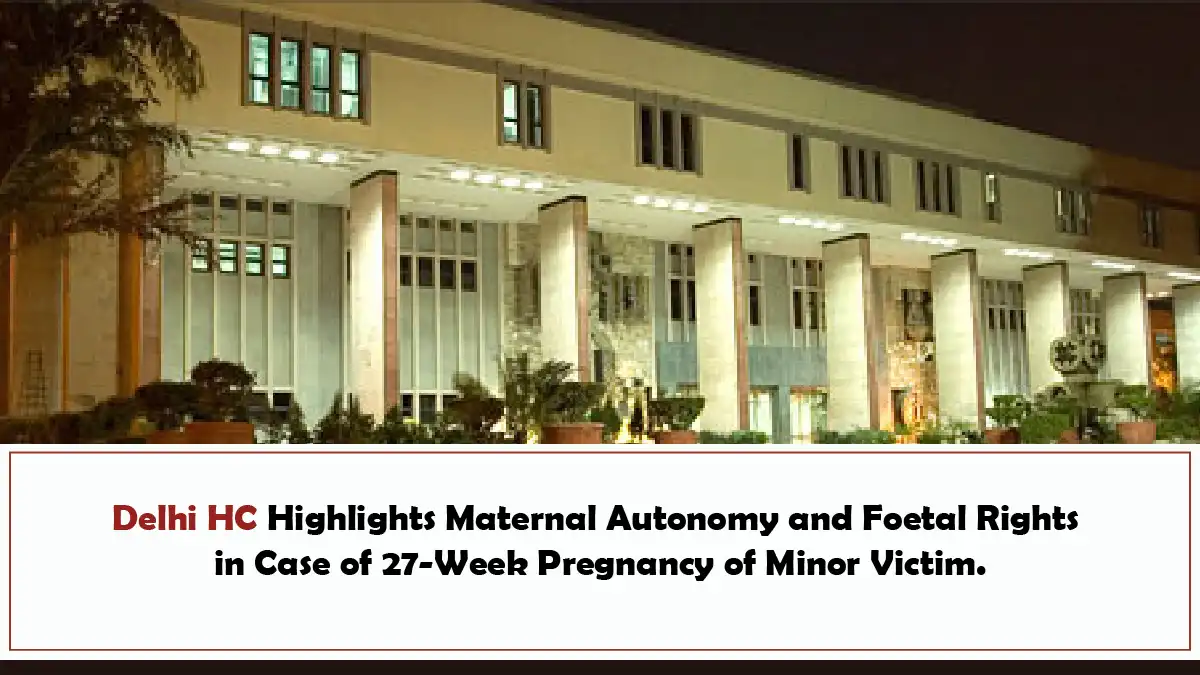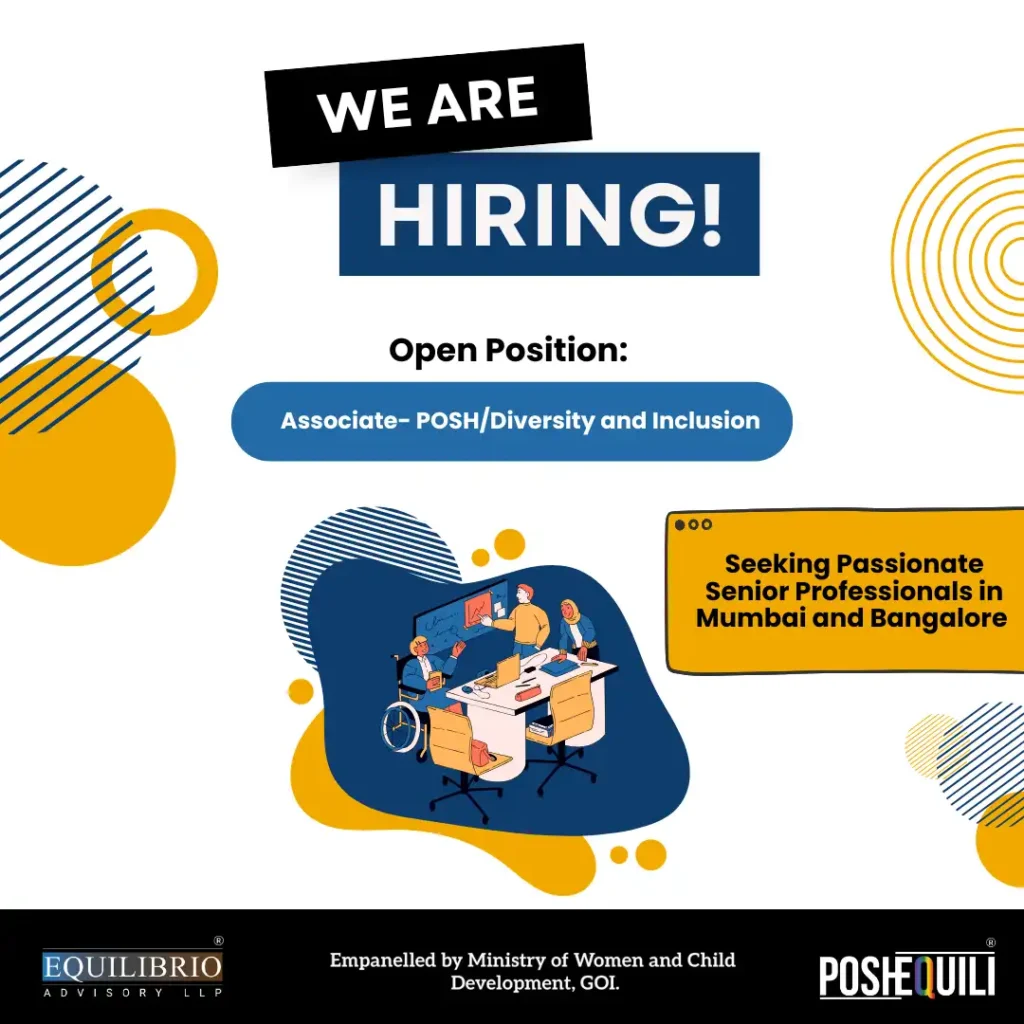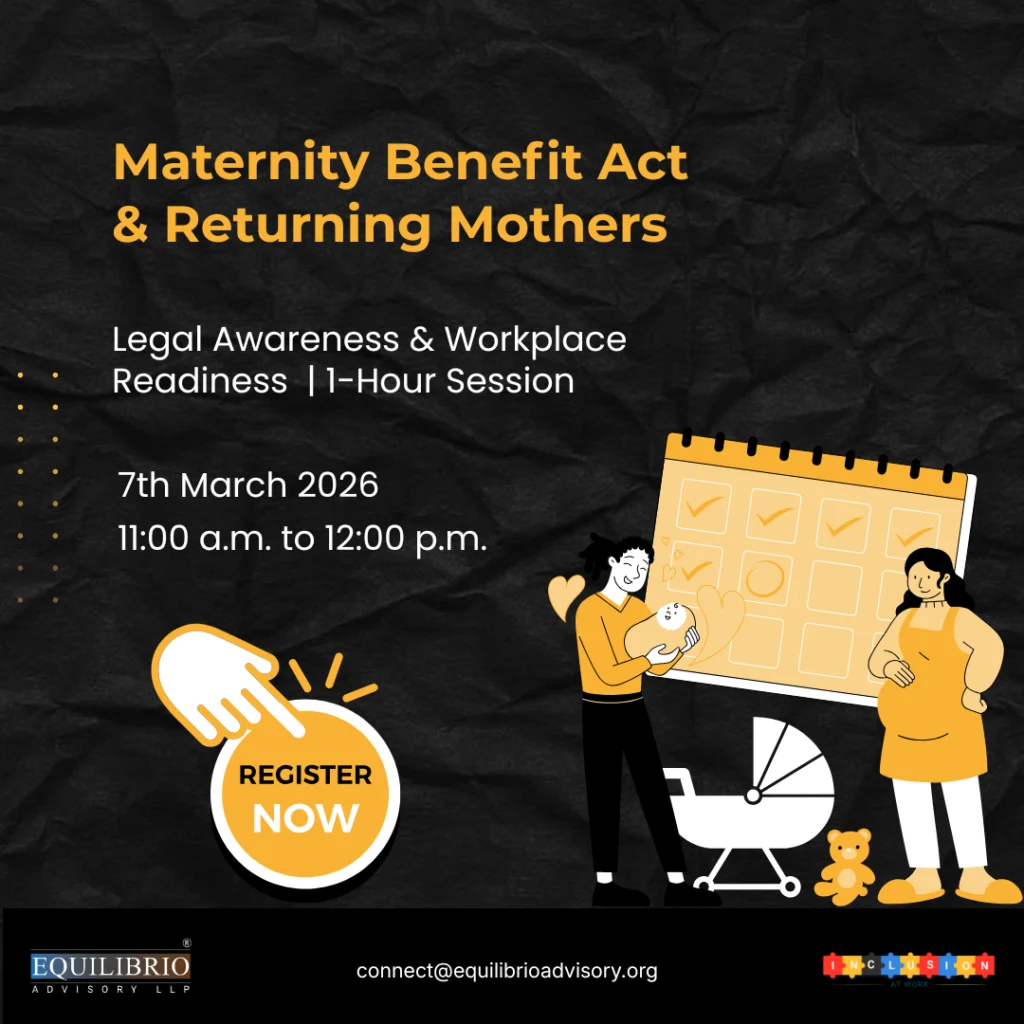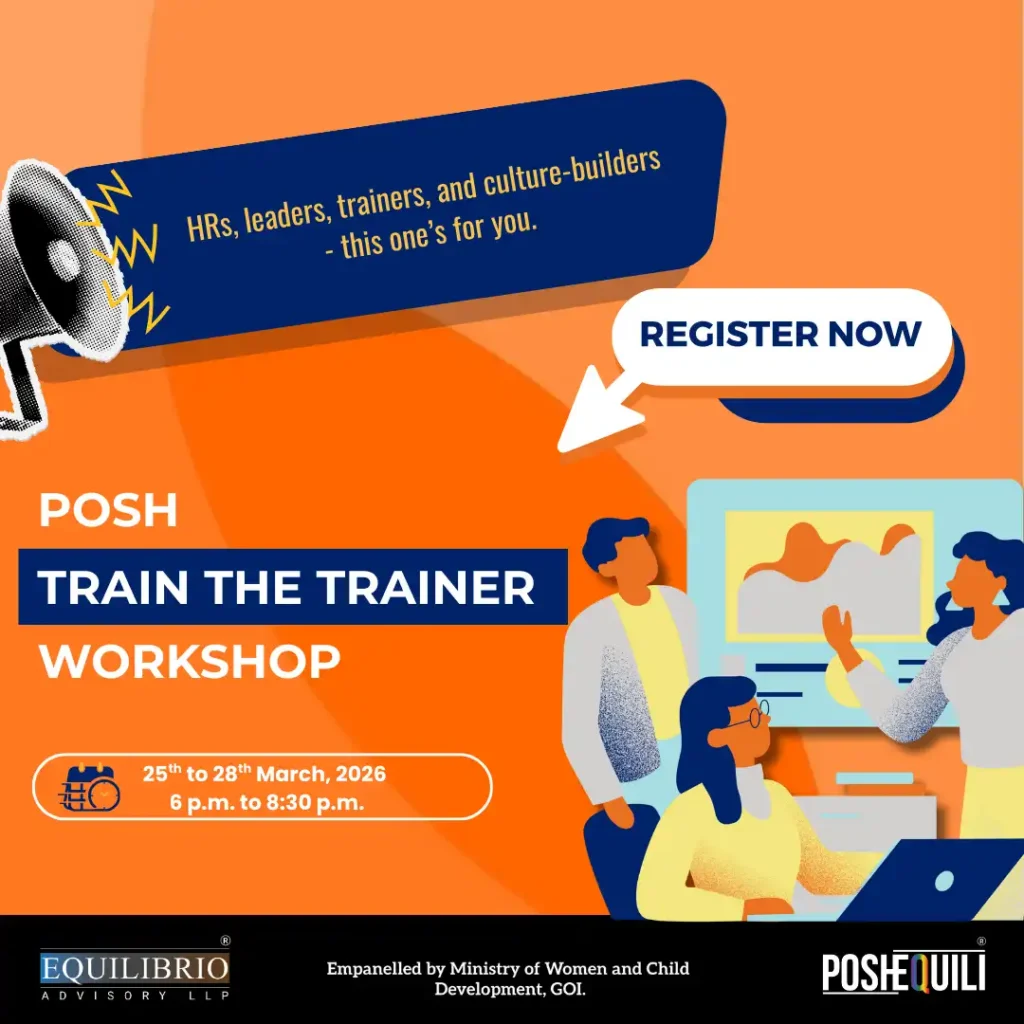The Equilibrio Gazette
A brief buletin for building safe workspaces!
19th September 2025 | Issue No. 99
Upcoming Events
Mark your calendars! In this section, we highlight an upcoming event you won't want to miss.
In the Spotlight!
Explore ways to build your knowledge and capacity with our team of in-house experts!
📹 “Are you truly acknowledging diversity at work?” asks Samriti Makkar Midha, co-founder of Equilibrio Advisory LLP.
Join our CPD-accredited In This Together DEIB Certification on 27–28 Sept. Learn from guest speakers Pawan Dhall, Vijay Krishnamani, and Deepti Sreeram.
Enroll now and grab 15% off—limited slots! 🌈
For those on the margins, the weight of stigma, exclusion, or silence can make reaching out feel impossible. Yet, connection is a powerful shield against Suicide. A listening ear, a reminder that they matter—can change everything. No one should have to carry their pain alone.
⚡ POSH Certification Workshop Alert!
Want to understand the true powers of an Internal Committee under the Sexual Harassment of Women at Workplace (Prevention, Prohibition and Redressal) Act, 2013?
Join our workshop on 8–9 Oct 2025 to gain the authority, skills, and confidence to handle cases with clarity and compassion.
Seats filling fast — register now!
Stay Current!
~ Spotlighting Landmark Judgments since passing of the Law!
I - LEGAL UPDATES
II - Exploring Intersections
Engage with us!
Here's your weekly food for thought through a Fun Fact or Quiz.
Did You Know that earlier this year, a PIL (Public Interest Litigation) sought to make American Sign Language (ASL) mandatory in Indian schools for Deaf students, citing better global job opportunities? However, Deaf communities across India opposed this, emphasizing that ASL could overshadow Indian Sign Language (ISL)—a vital part of their culture, identity, and education.
The World Federation of the Deaf (WFD) has now officially supported Indian organizations, urging the protection of ISL as a human rights issue. Used by over half a million Deaf people, ISL is central to India’s Deaf culture. WFD also reminded the court that, under the UNCRPD, every Deaf child has the right to education in their national sign language.

Have a burning question about POSH? Maybe Mental Health at Work, Child safety or DEI&B strategies? Drop us an email with your query and we would love to answer it, in all seriousness.
Curious Cat:
Why is play such an important tool for neurodivergent individuals, especially those with ADHD or dyslexia, and how can caregivers—of neurodivergent children and adolescents—support this?
Answer:
Recently, actor Tom Holland (of Spider-Man fame) shared how his ADHD and dyslexia influence his creativity. For many with these neurodivergences, blank canvases can feel overwhelming rather than inspiring. Given how differences in cognition and processing are frowned upon, it can be add extra weight of anxiety and shame on neurodivergent children and adolescents to perform consistently.
Play becomes a vital way to focus, explore, and create in a more accessible, pressure-free environment. Neurodivergence doesn’t imply lack of focus, but differences in attention-regulation. Play encourages imagination, movement, innovation organically, and helps neurodivergent persons to pay attention.
Caregivers should encourage play, allowing neurodivergent individuals the freedom to experiment and express themselves, rather than limiting it. Embracing play becomes a healthy coping mechanism; it helps reduce stress, leads to self-regulation, and supports learning in ways that celebrate differences instead of enforcing perfection.



